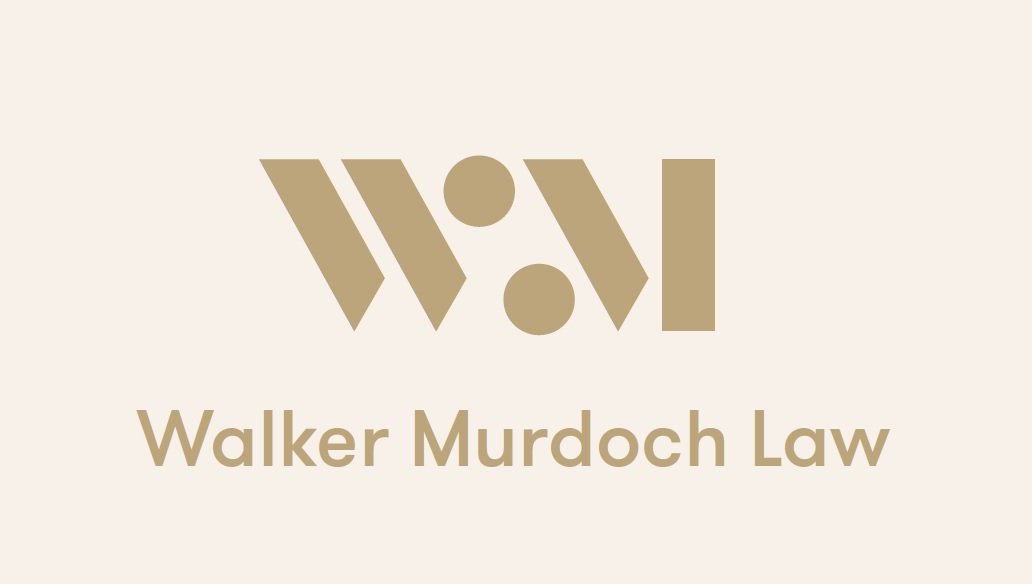Property & conveyancing - what is a “back up agreement”
A backup agreement is a legal contract that is used in real estate transactions in case the primary purchase agreement falls through. When purchasing a property, a buyer may enter into a backup agreement with the seller to secure the property in case the primary buyer is unable to complete the purchase.
If the primary purchase agreement falls through, the seller is deemed to offer the property to the backup buyer under the terms of the backup agreement. The backup agreement will typically include conditions that need to be met before the sale can be completed, such as obtaining financing or completing inspections but may not.
In some cases a back up agreement will trigger a cash clause in the primary agreement which means that the primary buyer will have a specific time frame to go unconditional or their agreement will come to an end.
Here are some key points to keep in mind when considering a backup agreement:
Protection: A backup agreement can offer protection to both the buyer and the seller in case the primary purchase agreement falls through.
Conditions: The backup agreement will typically include conditions that need to be met before the sale can be completed. These conditions should be clearly spelled out in the agreement.
Timing: The timing of the backup agreement is important. The backup agreement will typically be executed after the primary purchase agreement, and the backup buyer will need to be ready to move quickly if the primary purchase falls through.
Negotiation: Like any real estate contract, the terms of the backup agreement are negotiable. It is important to work with a real estate professional or lawyer to ensure that the terms of the agreement are fit for purpose and protect your interests.
A backup agreement can be a useful tool in the sale and purchase of property to provide a backup plan in case the primary purchase agreement falls through. If you are considering a backup agreement, it is important to carefully review the terms of the agreement and work with a real estate professional or conveyancing / property lawyer to ensure that your interests are protected.
